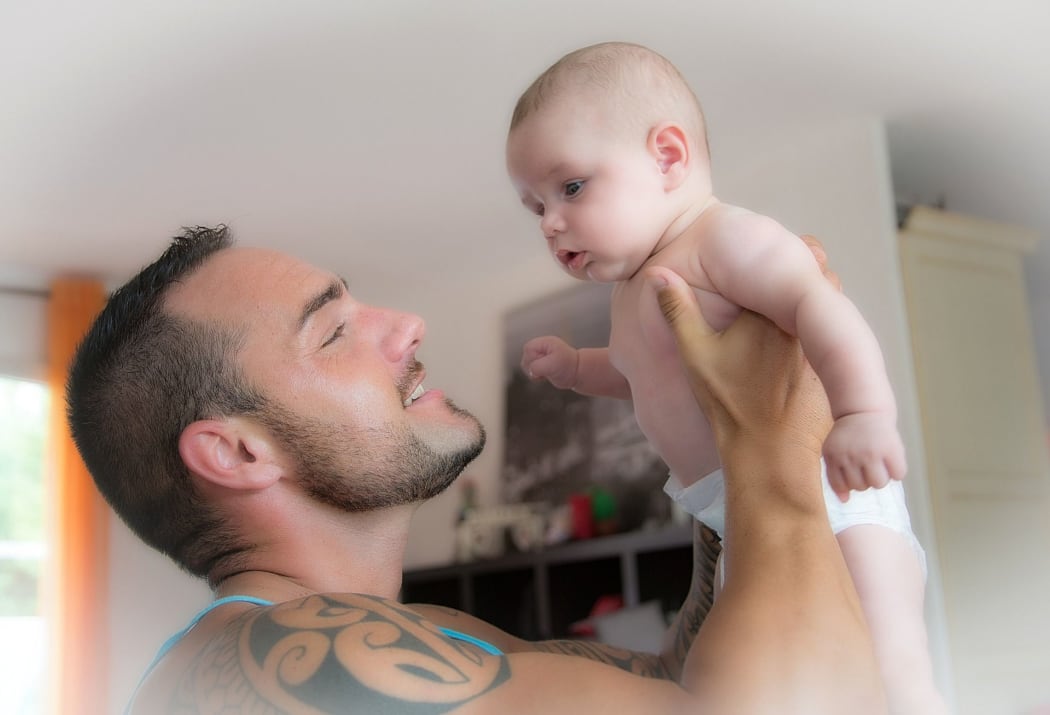Babies have an astonishing ability to pick up any language they’re exposed to so why is learning a new language as an adult such hard work?

Photo: Public Domain
Linguistics specialist Anne Cutler says babies begin hearing sounds of speech before they’re born and from the earliest months start absorbing the pattern of their first language.
“You can’t stop a baby learning a language it’s exposed to. Any parent knows that babies are really interested …it’s the pleasantness of interacting with another human being that actually makes language attractive to babies.”
In early childhood the brain is more “plastic” than any other time, making language learning easier, but older children also have an advantage over adults.
A major online study of people whose first language was English and others who learned it later found that learners into their teens could become entirely fluent, Prof Cutler, of Western Sydney University, told Nine to Noon.
“It turns out that the critical period really goes until you’re about 17.
“After that, if you work hard enough, you can become as good as somebody who started at age minus three months, which is when most of us start hearing language – in the womb.
“Most people don’t put in the work of course.”
Babies set down a store of language knowledge that remains as a subconscious memory into adulthood, even if they grow up speaking another language, Prof Cutler says.
Korean-born adults, adopted as babies by families in the Netherlands, were found to be able to learn unique Korean language sounds much faster than a control group of native Dutch speaker, in a study by researchers including Prof Cutler.
Though everybody picked up the sounds eventually, the adoptees got it immediately, she says.
“Within four sessions they were streets ahead of the others.
“It didn’t matter if they had been three to six months old and unable to speak when they were adopted, they could still learn the sounds very quickly.
“The memory that you’ve stored is not something that depends on long exposure."
Speaking multiple languages throughout life is good for the brain, and the benefit extends to old age, she says.
“There is some controversy about the evidence, but there is at least one study that shows that bilinguals who have been constantly using their two languages throughout their life, who get Alzheimers, get it a few years later than equivalent people who haven’t been using two languages.
“So it’s training your brain in various cognitive aspects.
“It’s not that they’re less susceptible to brain deterioration it’s just that it comes in and shows itself a little bit later they can keep managing everyday life a little bit longer.”
Anne Cutler is research professor in the MARCS Institute, Western Sydney University, and programme leader of the Australian Research Council Centre of Excellence in the Dynamics of Language. She is giving a public lecture at Victoria University.

